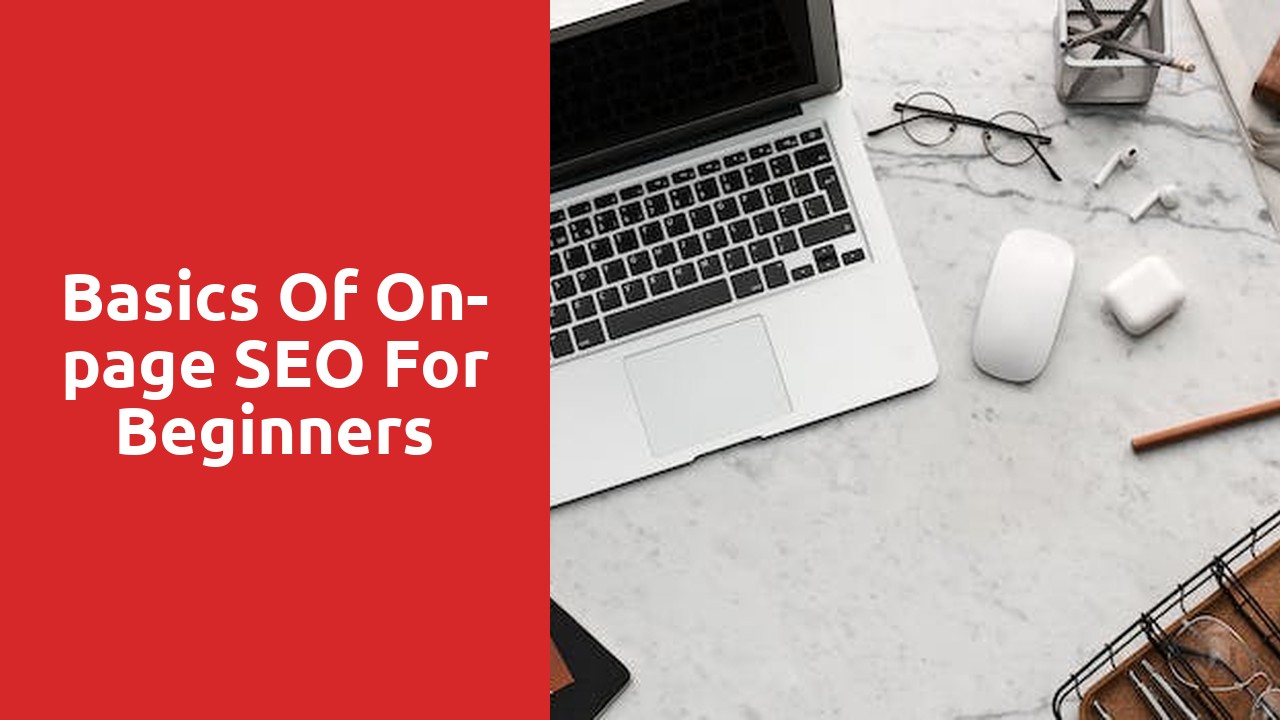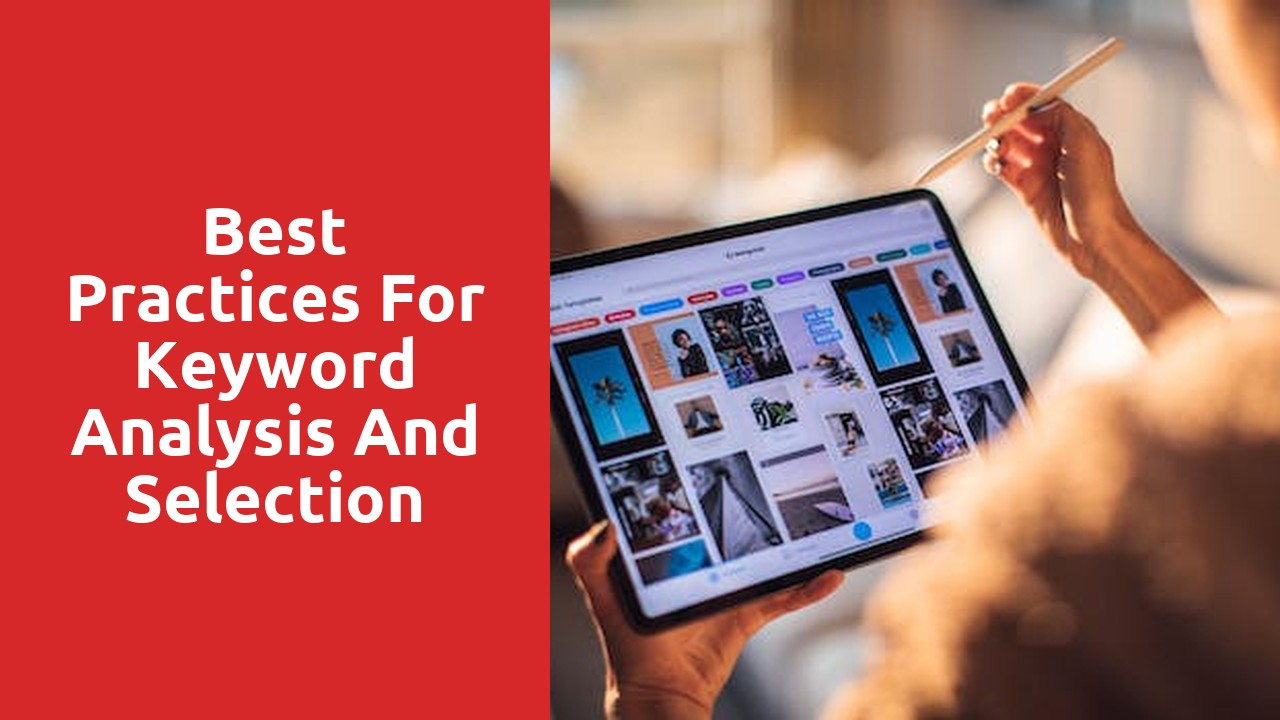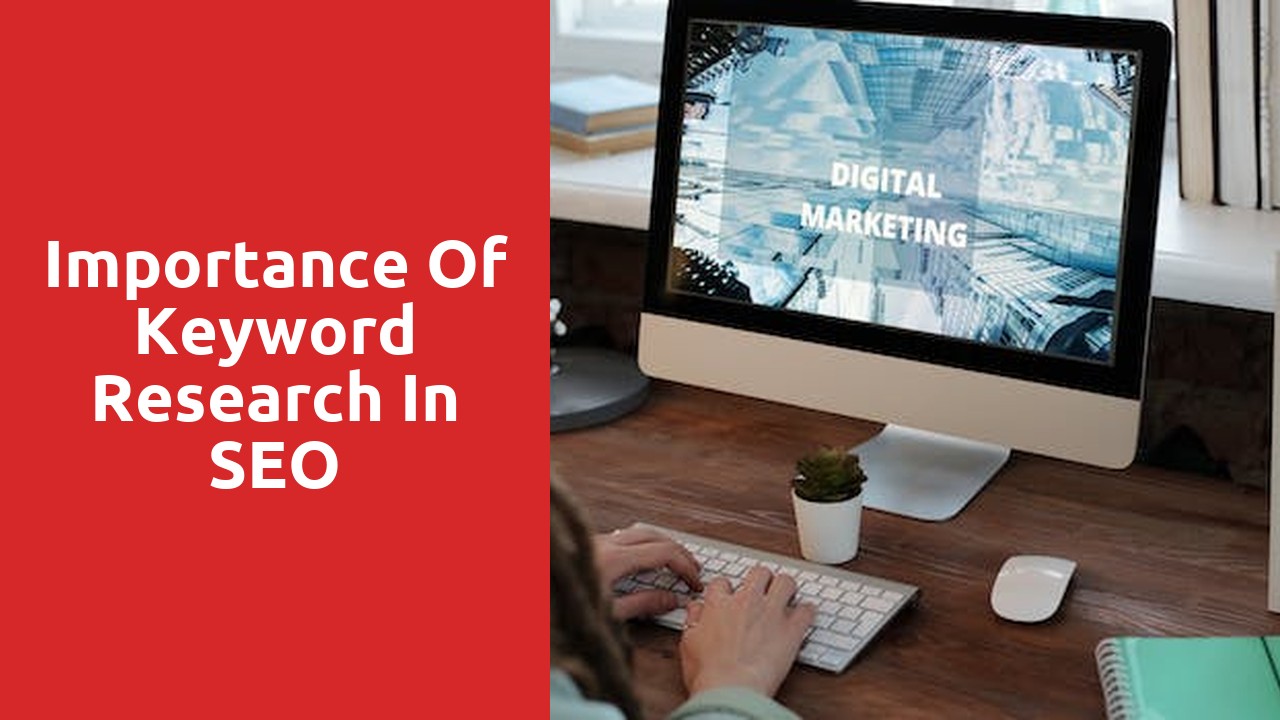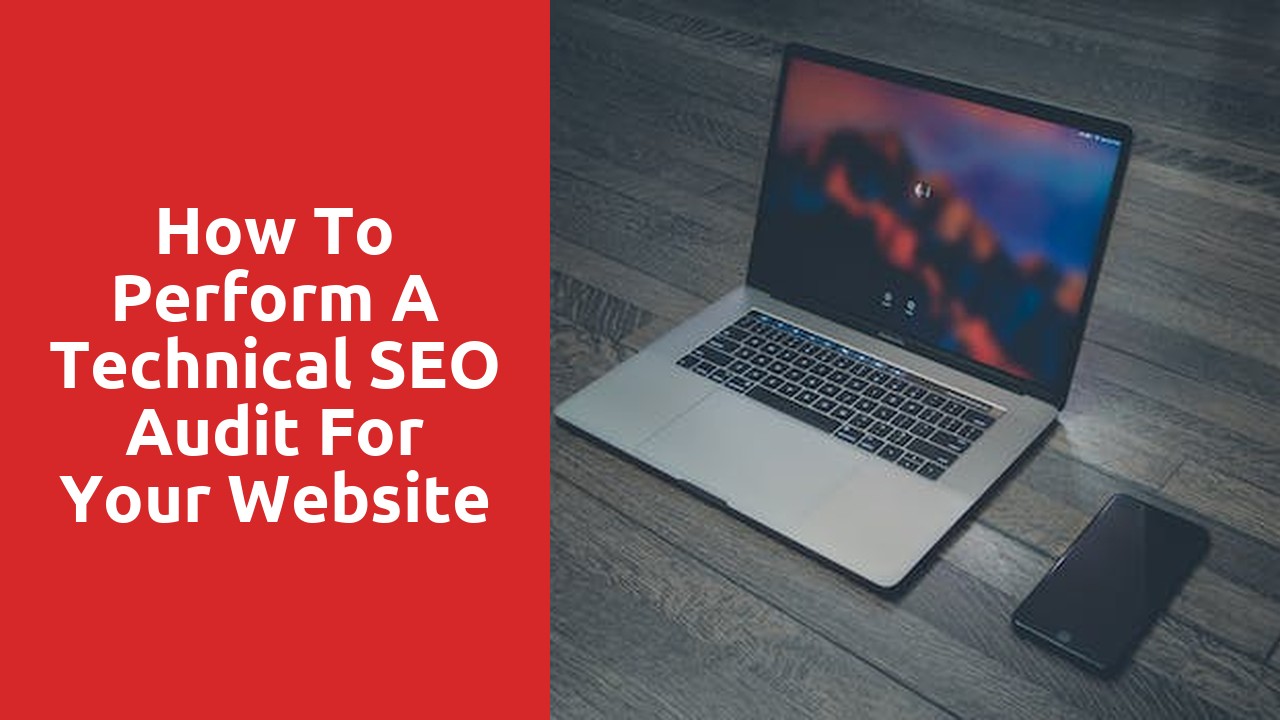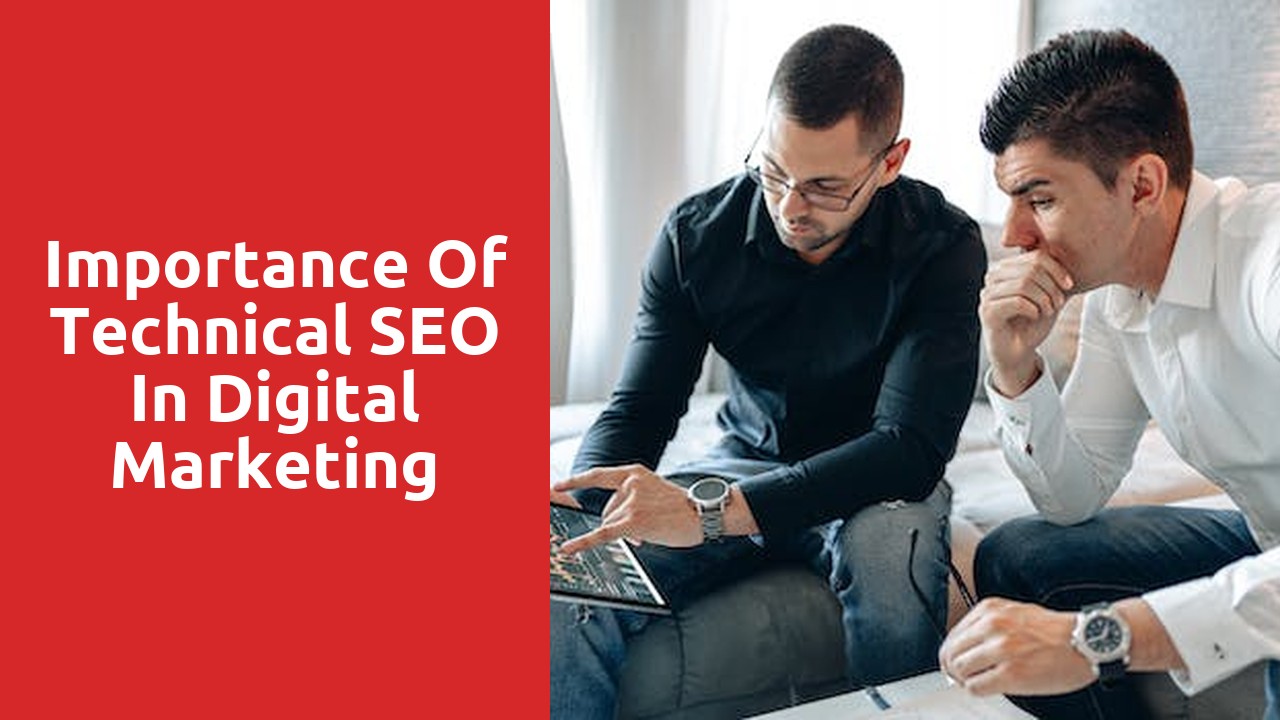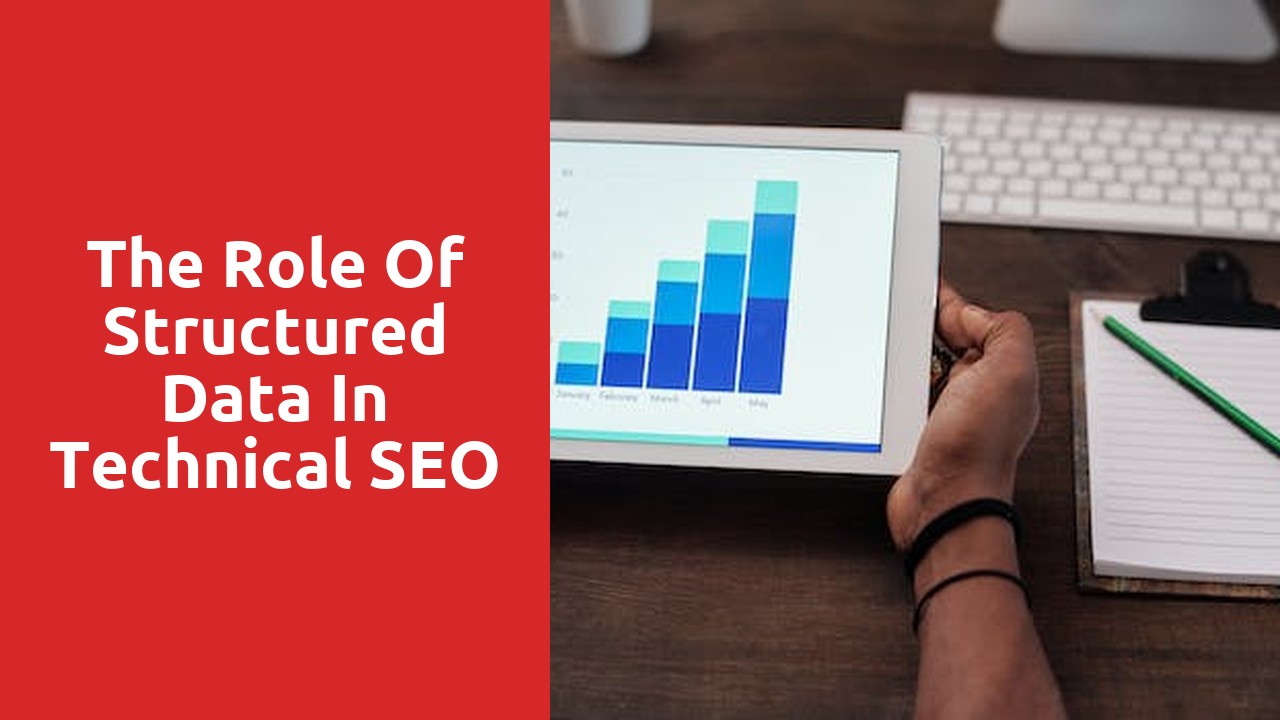Understanding On-page SEO: A Beginner’s Guide
On-page SEO plays a crucial role in improving the visibility of your website in search engine results pages (SERPs). When search engines crawl your site, they analyze various factors to determine its relevance and rank it accordingly. By optimizing your on-page elements, you can provide search engines with clear signals about the content and structure of your web pages, which in turn can help improve your rankings.
One important aspect of on-page SEO is optimizing your website’s meta tags. Meta tags, such as the title tag and meta description, are HTML elements that provide information about the content of a web page. The title tag is displayed as the clickable headline in SERPs, while the meta description provides a concise summary of the page’s content. By using relevant keywords in your meta tags and crafting compelling, click-worthy descriptions, you can increase the likelihood of users clicking on your website in search results. Additionally, optimizing other on-page elements, such as headings, URLs, and image alt tags, can further enhance the visibility and relevance of your web pages.
The Importance of Keyword Research in On-page SEO
When it comes to on-page SEO, one aspect that cannot be overlooked is keyword research. Keywords are the foundation of any successful SEO strategy, as they are the words and phrases that users type into search engines to find information. By conducting thorough keyword research, website owners can identify the most relevant and valuable keywords to target in their on-page optimization efforts. This process involves analyzing search volume, competition, and user intent to ensure that the chosen keywords align with the website’s content and goals. Without proper keyword research, websites may struggle to rank well in search engine results pages, resulting in missed opportunities to attract organic traffic and potential customers.
In addition to helping with search engine rankings, keyword research also plays a crucial role in enhancing the user experience. By understanding the specific keywords that users are searching for, website owners can create content that directly addresses their needs and interests. This not only increases the chances of attracting relevant traffic but also improves the overall engagement and satisfaction of users. Through keyword research, website owners can uncover valuable insights into the language and terminology used by their target audience, allowing them to tailor their content to match their preferences and expectations. Ultimately, investing time and effort into comprehensive keyword research is a fundamental step towards achieving on-page SEO success.
Crafting SEO-friendly Page Titles and Meta Descriptions
Page titles and meta descriptions play a crucial role in the overall search engine optimization (SEO) strategy of a website. Not only do they provide a concise summary of the content on a webpage, but they also influence how search engines like Google display and rank those pages in search results. Crafting SEO-friendly page titles and meta descriptions is therefore essential to ensuring that your website gets noticed and attracts relevant organic traffic.
When it comes to crafting effective page titles, it’s important to keep them concise and descriptive. Your page title should accurately reflect the main topic or focus of the webpage, using relevant keywords that potential visitors might search for. It’s also beneficial to place the most important keywords towards the beginning of the title to increase the chances of search engines recognizing their significance. By creating clear and compelling page titles, you increase the likelihood of attracting clicks from search engine users who are seeking information related to your content.
Optimizing Heading Tags for Improved SEO Performance
Heading tags are an essential component of SEO optimization, as they provide structure to your webpage and play a crucial role in search engine rankings. When used effectively, heading tags can improve the visibility and readability of your content. To optimize heading tags for improved SEO performance, it is important to follow a few key guidelines.
Firstly, it is essential to use appropriate heading tag hierarchy. This means using the correct order of HTML heading tags, starting with the H1 tag as the main heading of the page, followed by H2, H3, and so on. By structuring your content in this way, search engines can better understand the importance and hierarchy of the different sections of your webpage. Additionally, using unique and descriptive headings for each section of your content helps search engines determine the relevance of your page to specific search queries.
Utilizing Proper URL Structure for On-page SEO
A well-structured URL plays a significant role in optimizing on-page SEO. When crafting URLs for your web pages, it is crucial to keep them short, concise, and relevant to the content they represent. A clear and descriptive URL not only helps search engines understand the context of your page but also provides a user-friendly experience for those visiting your site.
Including relevant keywords in your URL can also have a positive impact on your site’s visibility in search engine results. By incorporating targeted keywords into your URL, you increase the chances of attracting relevant organic traffic to your website. However, it is essential to strike a balance between incorporating keywords and maintaining readability. Avoid using excessive keyword stuffing in your URLs, as it can appear spammy and potentially harm your site’s rankings.
The Role of Internal Linking in On-page SEO
Internal linking plays a crucial role in on-page SEO. By strategically linking different pages of a website together, it not only helps search engines understand the website’s structure but also enhances user experience. When done correctly, internal linking can boost a website’s visibility in search engine rankings and drive more organic traffic.
One of the significant advantages of internal linking is that it allows the distribution of link juice throughout the website. Link juice is essentially the authority and value passed from one page to another through hyperlinks. When a high-authority page links to another page within the same website, it passes on some of its link juice, which helps improve the linked page’s visibility in search engine results. This is particularly useful for optimizing pages that might not naturally receive many external backlinks but still hold important information. Additionally, internal linking helps to decrease the likelihood of orphan pages, which are unlinked pages that search engine bots may struggle to find and index. This ensures that all pages of a website are accessible and contribute to its overall SEO efforts.








